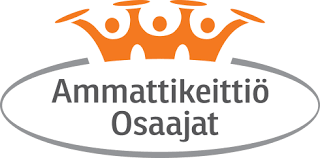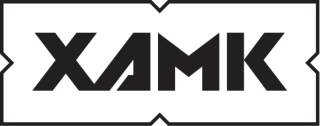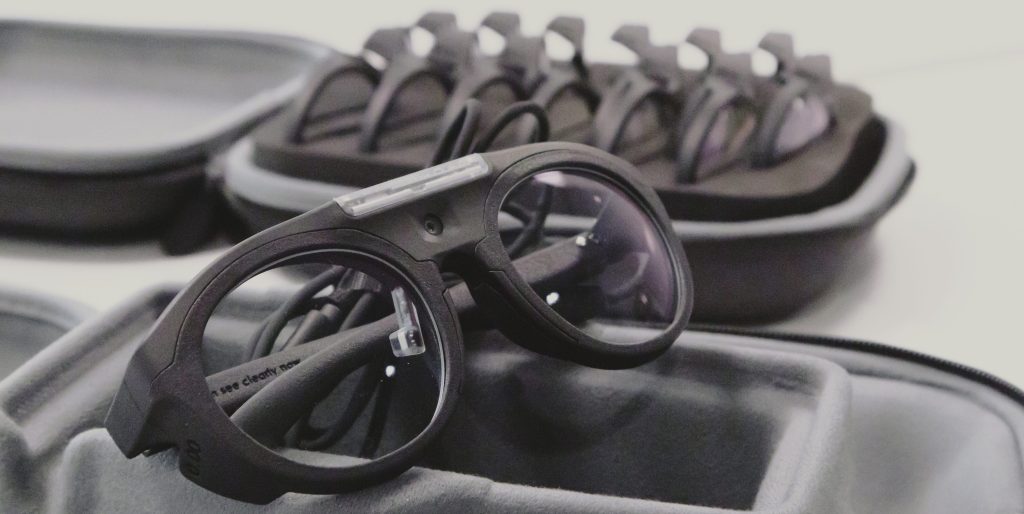
HävikkiHUB – Building food waste expertise through collaboration
Halutessasi voit lisätä tähän alaotsikon.
HävikkiHUB brings together food service professionals, stakeholders and customers to share knowledge, support learning, and co-develop solutions for reducing food waste.
Food waste is reduced through collaboration
Building motivation, skills and lasting collaboration to reduce food waste
Finland, along with other EU countries, is committed to the UN Sustainable Development Goal of halving food waste by 2030 in households, restaurants and retail, and reducing food loss across the entire food system.
Food services have actively taken on this challenge, but their efforts alone are not enough. Achieving lasting impact requires collaboration with customers and stakeholders.
The HävikkiHUB project supports the development of food waste management expertise among food service providers as well as their partners and customers. It offers up-to-date information and practical examples of successful collaboration and effective food waste reduction practices.
“HävikkiHUB inspires collaboration and helps embed food waste actions into everyday routines.”
The project will produce a free, open-access online training course to help actors across the service chain understand the basics of food waste management in food services and recognize their own important role in reducing food waste. The course also provides practical examples and useful materials to deepen knowledge, enhance communication, apply food education methods, strengthen collaboration, and support data-informed decision-making and continuous improvement.
In the co-development workshops, food service providers will work together with their customers and/or stakeholders to tackle food waste challenges. Co-development is further supported by expert coaching in lean thinking. The outcome of these workshops will be practical, real-world models for collaboration and food waste management, which will be shared for wider use.
Registration for HävikkiHUB’s co-development workshops is now open! Two identical workshop series will be held in autumn 2025: one in Mikkeli and one in Seinäjoki. Each series includes three workshops. The working language is Finnish. Click here for more information and to register.
Project goals and actions
The goal of the HävikkiHUB project is to reduce food waste by strengthening expertise, collaboration, and motivation related to food waste management in food services and among their customers and stakeholders. The project also aims to raise awareness of food waste management across these groups.
The project consists of two main action areas:
- A training package focused on developing expertise and collaboration
- Communication, advocacy, and coordination
The training package includes an open-access online course and regional co-development workshops.
This training supports and motivates food service professionals, customers, and stakeholders by deepening their knowledge of food waste management and encouraging collaboration. It provides practical examples and helps develop workable, everyday solutions for food waste reduction and stakeholder engagement. The training also strengthens skills for continuous improvement and supports the embedding of food waste reduction practices into daily operations.
Active communication increases awareness of practical food waste reduction methods and highlights the support HävikkiHUB offers for learning and development. Communication also promotes collaboration between food service providers, customers, and stakeholders.
Results and target group
The main output of the HävikkiHUB project is an openly accessible online training package that enhances food waste management expertise, encourages continuous improvement, and fosters mutual understanding between food service staff, customers, and stakeholders regarding food waste reduction efforts.
As a result of the workshops, co-development and collaboration around food waste reduction will increase within food services and their customer and stakeholder networks. The workshops will produce practical models—so-called service path models—for effective collaboration and communication between food services and various customer and stakeholder groups. These models will be openly shared to benefit others, improving access to practical examples and increasing awareness of food waste reduction actions co-created and tested by food services and their partners.
The project’s primary target group is food service personnel working together with their key customer and stakeholder groups—for example, client organizations, end users, educators, care professionals, or municipal decision-makers. Communication efforts also target developers, researchers, students, and other actors promoting sustainability in food services.
Contact information
Facts
HävikkiHUB – Building food waste expertise through collaboration
Info
Budget
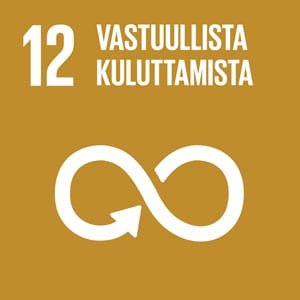
Project partners

